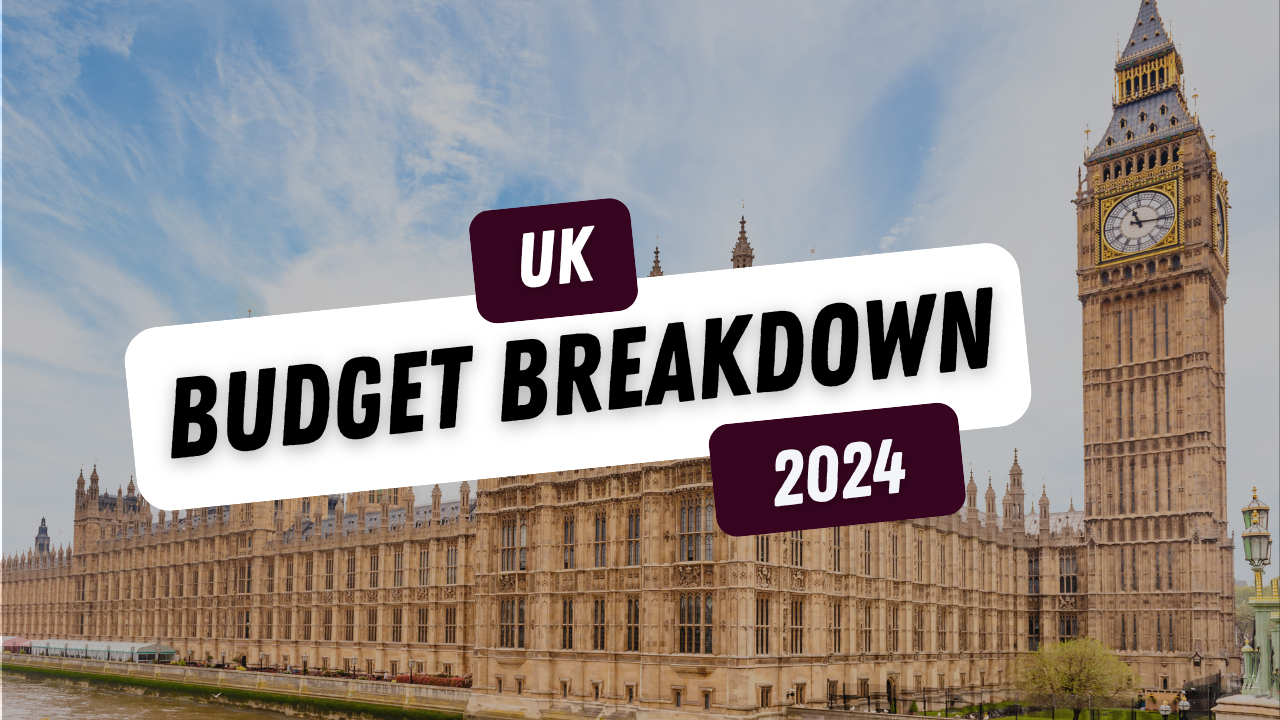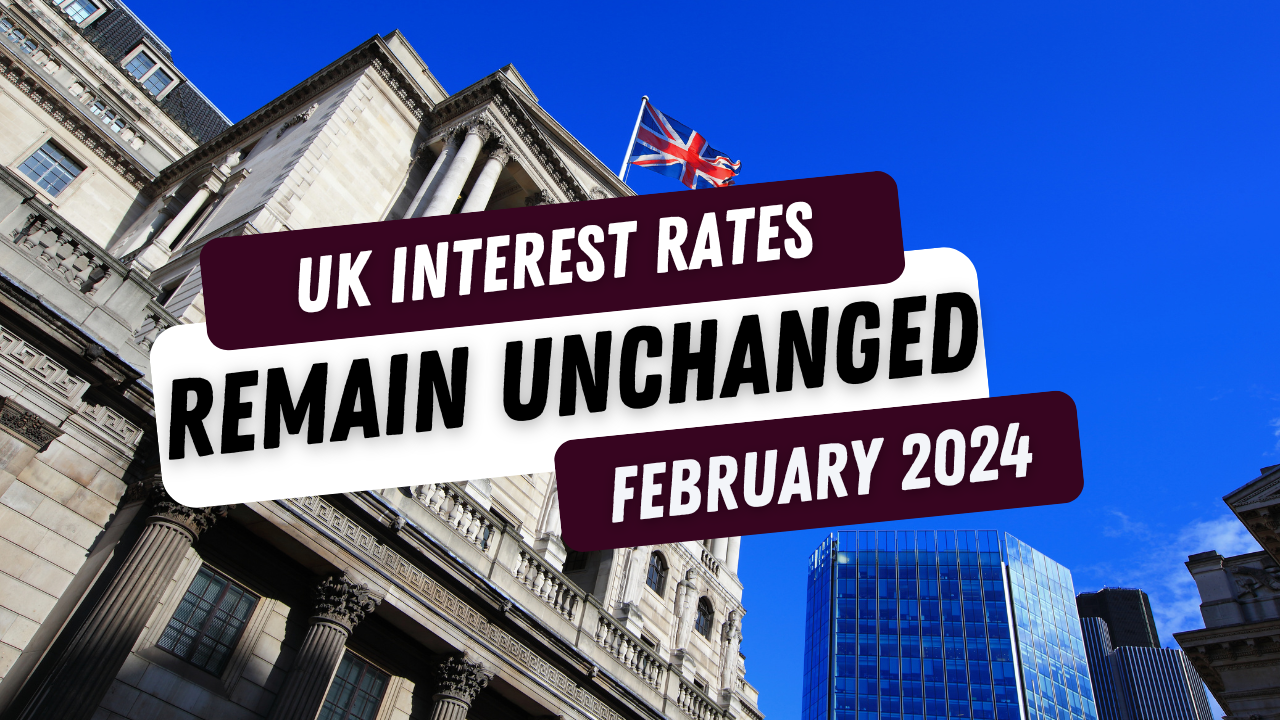
Yesterday, the Chancellor unveiled the October budget, one that many property investors had been dreading! While it came with a few surprising twists, the overall tone was less dramatic than many anticipated. Here's a breakdown of the budget's key changes and how they could impact property investors.
1. Stamp Duty Surcharge Increase
The government's decision to increase the stamp duty surcharge for investors from 3% to 5% is one of the biggest takeaways from the budget. For those who haven't exchanged contracts by 31 October 2024, this could mean finding a substantial extra sum. On a typical £300,000 property, for example, that's an additional £6,000.
While this change is frustrating, it's not entirely unexpected. Investors have adapted to previous stamp duty hikes, and despite the added cost, many will likely incorporate this into their calculations. Still, it's difficult to see how this measure will lead to 130,000 additional homebuyers as projected by the government. If anything, discouraging investor interest could slow down housing development—a counterproductive outcome for a government aiming to increase housing stock.
2. No Increase in Capital Gains Tax on Property
Property investors can breathe a sigh of relief as the budget didn't include any increase in capital gains tax on residential properties. Capital gains on shares and other assets have seen an increase, bringing them up to the same level as property gains, but there's no added burden for property investments.
This is positive news, especially for those who aren't planning to sell imminently. And while capital gains tax rates may be tweaked in future budgets, for now, investors can rest assured that their investment strategy remains unaffected on this front.
3. National Insurance Hike on Employers
The budget's biggest revenue-raising measure, the hike in employers' National Insurance contributions by 1.2%, along with a lowered threshold, will mostly impact businesses. Property investors may feel this indirectly as companies adjust, but for individual property investors, it doesn't bring significant change.
It's clear the government is trying to find revenue from various sources without introducing sweeping, high-profile taxes. However, for property investors, this measure doesn't impact them directly.
4. Updates to Inheritance Tax
Inheritance tax thresholds have been frozen until 2030, which will gradually increase tax liabilities as property values rise. While this impacts property indirectly, the bigger shifts in inheritance tax are aimed at pensions and high-value business assets.
By bringing inherited pensions into the inheritance tax bracket and taxing certain business assets over £1 million at 20%, the government is slowly widening its tax base. For property investors, this is something to watch, but it doesn't represent a dramatic shift from the norm.
5. Commitment to Affordable Housing
The budget includes additional funding for affordable housing, along with the hiring of thousands of new planning officers to reduce the planning system backlog. On paper, this sounds promising for increasing housing availability.
However, for investors, the effectiveness of this initiative will depend on whether it actually translates into more properties on the market. With property still in high demand and developers relying on investors, it's hard to predict whether this measure will bring about the change the government hopes for.
6. Transport Infrastructure Investments
Major transport projects, like the continued commitment to HS2 and improvements to the TransPennine rail route, were highlighted in the budget. These developments could make certain areas more attractive for investment, particularly for those looking to invest in areas with improved transport connectivity.
However, there was little in the way of genuinely new announcements here—more of a recommitment to existing plans. For property investors, it's always worth noting where these projects could potentially increase demand, but the immediate impact is minimal.
Overall the UK budget this year delivered less of a shock than expected for property investors. While the increase in the stamp duty surcharge is frustrating, it's something investors have worked around in the past, and it's likely they'll adapt again. The lack of new capital gains tax on property is a relief, and while certain inheritance tax adjustments could impact future planning, they're not seismic shifts.
For those with long-term buy-and-hold strategies, these changes are manageable. The main frustration lies in the seemingly counterproductive stamp duty surcharge that could deter investors and reduce housing development—a decision that may ultimately drive prices up even further. As always, remaining informed and adaptable is key, and for most property investors, this budget may be more of an annoyance than a true game-changer.
Have questions about how the budget impacts your property investments? Give us a call today, and let's discuss strategies tailored to your goals!















